
Here’s The History Behind The AME Church, The First Independent Black Denomination In The U.S.
Honoring Richard Allen: Celebrating the Founder of the African Methodist Episcopal Church
This week marks the birthday of Richard Allen, a pioneering leader, abolitionist, and founder of the African Methodist Episcopal (AME) Church — the first independent Black denomination in the United States. His legacy continues to resonate as a symbol of faith, resilience, and empowerment for millions of African Americans and believers around the world (PBS).

A Church Born from Resistance
The AME Church’s origins were not rooted in theological disagreements, as was often the case with denominational splits, but in the struggle for racial equality and human dignity. As Encyclopedia Britannica notes, Black congregants at St. George’s Methodist Episcopal Church in Philadelphia faced humiliating racial segregation in worship. They were forced to sit in the gallery, and when officials interrupted their prayers by pulling them from their knees, Richard Allen, Absalom Jones, and others decided they would no longer tolerate such treatment (Encyclopedia Britannica).
In 1787, the group formed the Free African Society, a mutual aid and religious organization dedicated to supporting the social and spiritual needs of the free Black community (AME Church Archives). It was one of the earliest institutions built on the idea that faith must be inseparable from justice.
Building Bethel and a New Future
The Free African Society soon focused on building a new place of worship where Black people could pray freely. In 1794, Allen — who had purchased his freedom after being enslaved in Delaware — founded Bethel African Methodist Episcopal Church in Philadelphia. Methodist Bishop Francis Asbury dedicated Allen as pastor that same year.
Allen’s commitment to independence was unwavering. When white Methodist authorities attempted to exert control over Bethel, he fought for autonomy through the courts, winning decisive cases in 1807 and 1815 that affirmed the church’s independence from the Methodist Episcopal Church (The Washington Post).
By 1816, Allen and his followers officially established the African Methodist Episcopal Church, and he was consecrated as its first bishop — a title that made him one of the most influential religious figures in early 19th-century America (Christianity Today).
Spreading Faith and Freedom
Under Allen’s leadership, the AME Church combined Methodist doctrine with an unflinching commitment to Black self-determination. The church rapidly expanded through the Northeast and Midwest, establishing large congregations in Philadelphia, New York, Boston, Baltimore, Pittsburgh, Washington, D.C., Cincinnati, Chicago, and Detroit.
As the church grew, it also extended into Southern states such as Maryland, Kentucky, Missouri, and Louisiana — even during times when slavery was still legal. After the Civil War, AME clergy became instrumental in evangelizing and organizing among newly freed African Americans, often with support from Union army officials (Library of Congress). By 1880, the church’s membership had reached approximately 400,000, a testament to its powerful message of liberation and faith.
A Global Vision
Bishop Henry McNeal Turner, one of Allen’s successors, carried the AME mission beyond American borders. In 1891, Turner established churches in Liberia and Sierra Leone, and by 1896, the AME Church had reached South Africa (PBS). Turner also championed the Pan-African movement, emphasizing that Black Christianity must address global oppression, not just local injustice.
The AME Church went on to found several historically Black colleges and universities (HBCUs), including Wilberforce University in Ohio and AME University in Liberia (established in 1995). These institutions played a crucial role in educating generations of African American leaders and intellectuals (Encyclopedia Britannica).
A Lasting Legacy
Today, the AME Church continues to thrive, boasting more than 2 million members and 7,000 congregations across 39 countries and 5 continents (The Christian Recorder). It is organized into 20 Episcopal districts led by 21 active bishops and 9 General Officers, overseeing ministries that address education, social justice, and community development.
In 2000, history was made once again when Vashti Murphy McKenzie became the first woman bishop in the AME Church — a groundbreaking milestone that further embodied the denomination’s progressive vision (The New York Times). In 2012, the AME Church also restored full communion with the United Methodist Church and other historically Black denominations, strengthening unity within the broader Christian community.
Celebrating the Life of a Visionary
Richard Allen’s vision of a faith rooted in dignity, justice, and empowerment still guides millions today. His legacy reminds us that the struggle for equality and spiritual freedom is not confined to the past — it’s a living movement that continues to evolve.
So as we commemorate his birthday, let’s say: Happy Heavenly Birthday, Bishop Richard Allen — and thank you for lighting a path that still guides generations forward.
News in the same category


Jaw-dropping new Trump approval ratings shows what Americans really thinks of him

Secret to Creamy Gourmet Mashed Potatoes

Christina Applegate makes rare comments about late boyfriend’s fatal drug overdose: ‘I tried everything

Strictly star Harry Aikines-Aryeetey reveals ‘out of body experience’ as he addresses ‘mistake’

Strictly star George Clarke opens up on ‘scary’ paparazzi incident with famous girlfriend: ‘Why is this relevant?’

Traitors star calls out Joe Marler’s ‘rule break’ in show finale: ‘It’s not really within the rules to do that’

‘Pause That Lil Interview’: Carmelo Anthony’s Behavior During Son Kiyan’s Postgame Session Has Fans Calling Out His ‘Drunk Dad’ Energy

Hannah Ferguson Is The Proud Owner Of The First Black Woman-Owned Cidery In Ohio
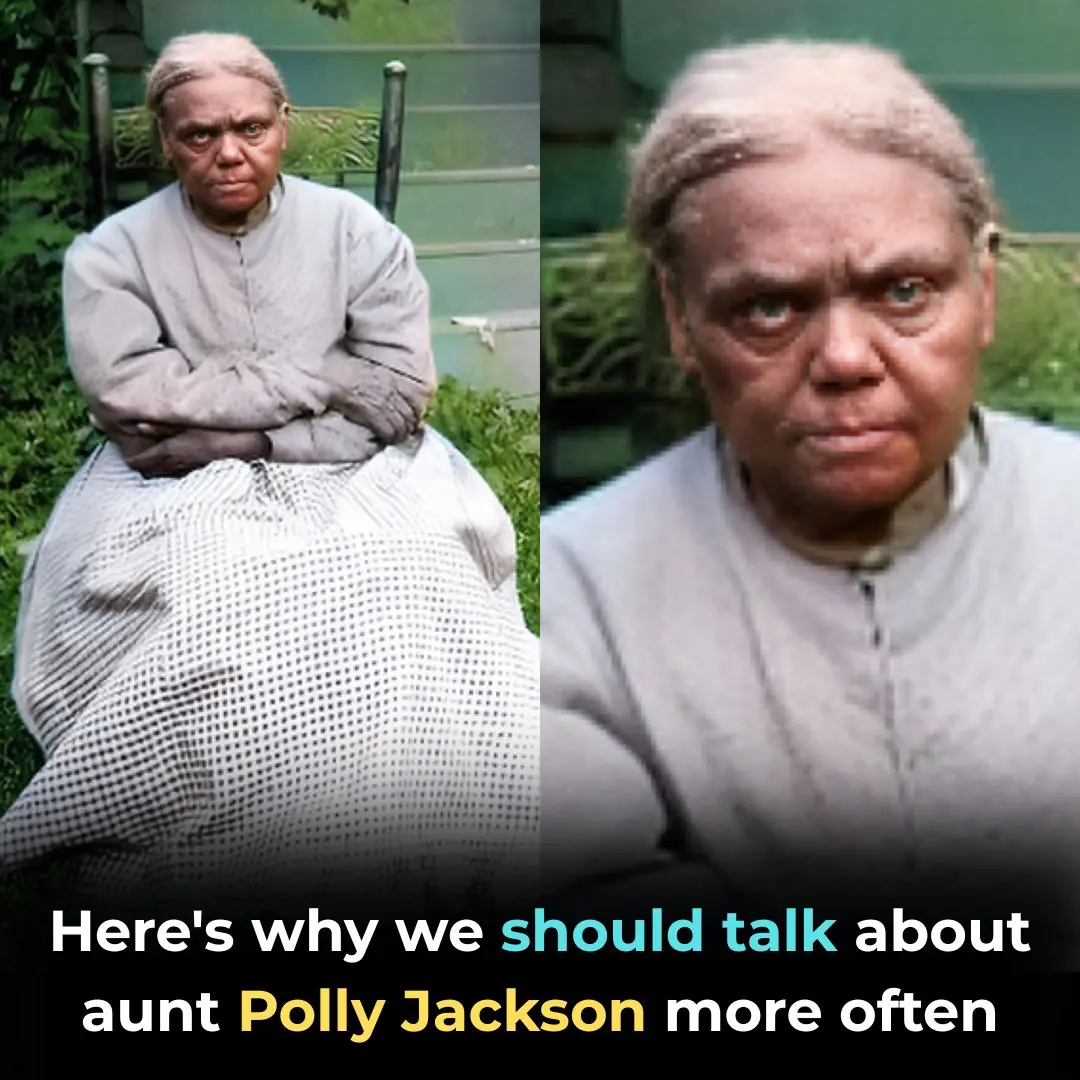
Here’s Why We Should Talk About Aunt Polly Jackson More Often
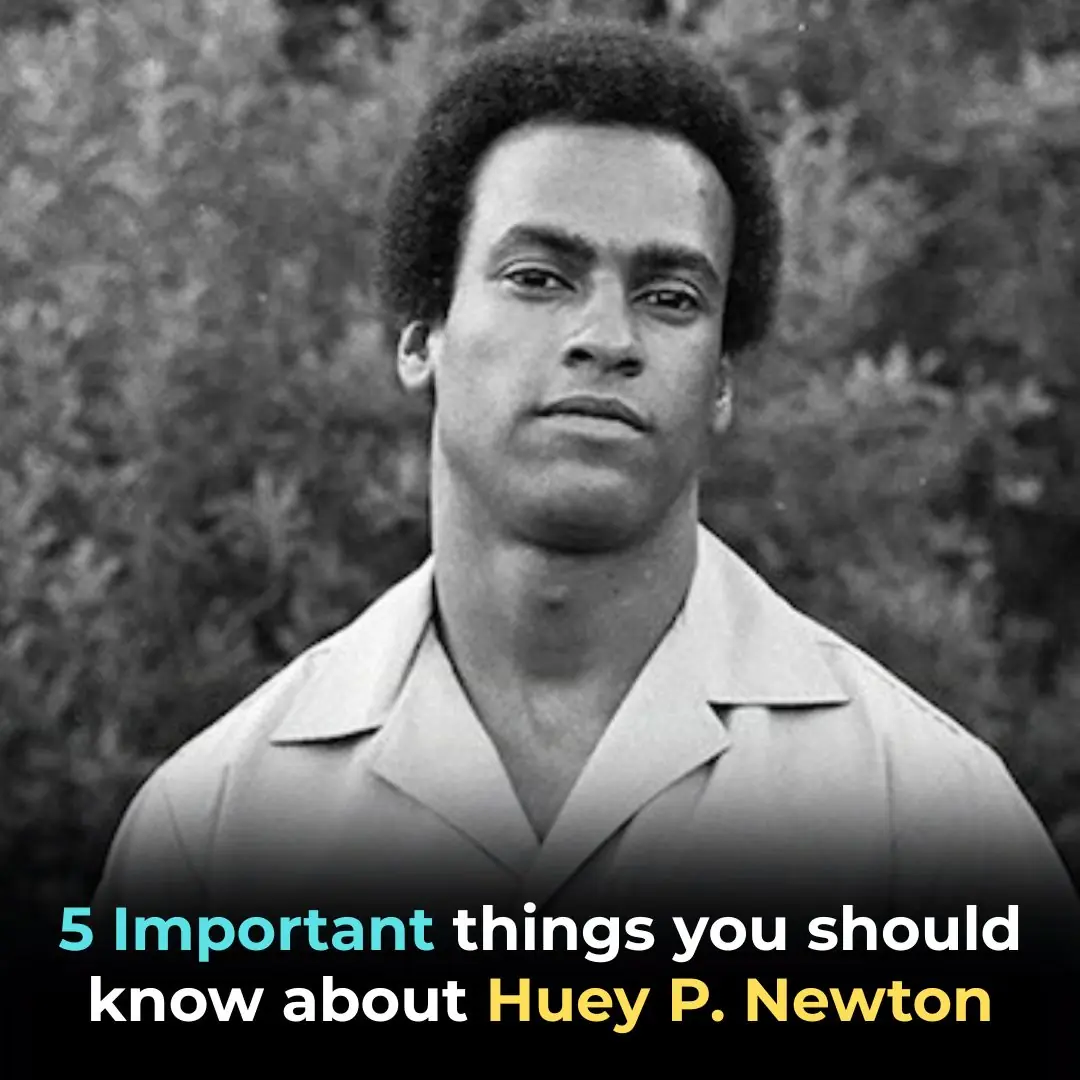
5 Important Things You Should Know About Huey P. Newton
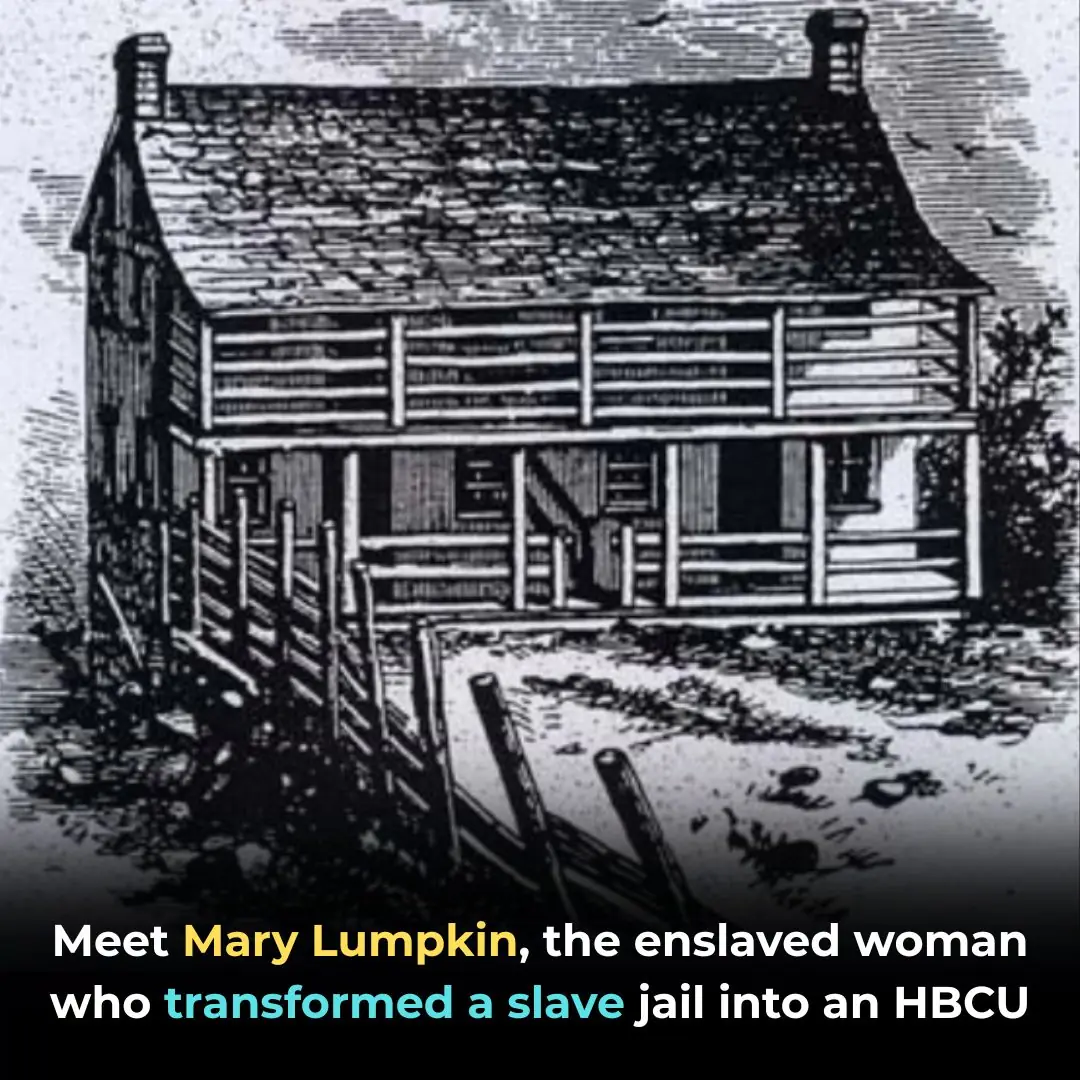
Meet Mary Lumpkin, The Enslaved Woman Who Transformed A Slave Jail Into An HBCU
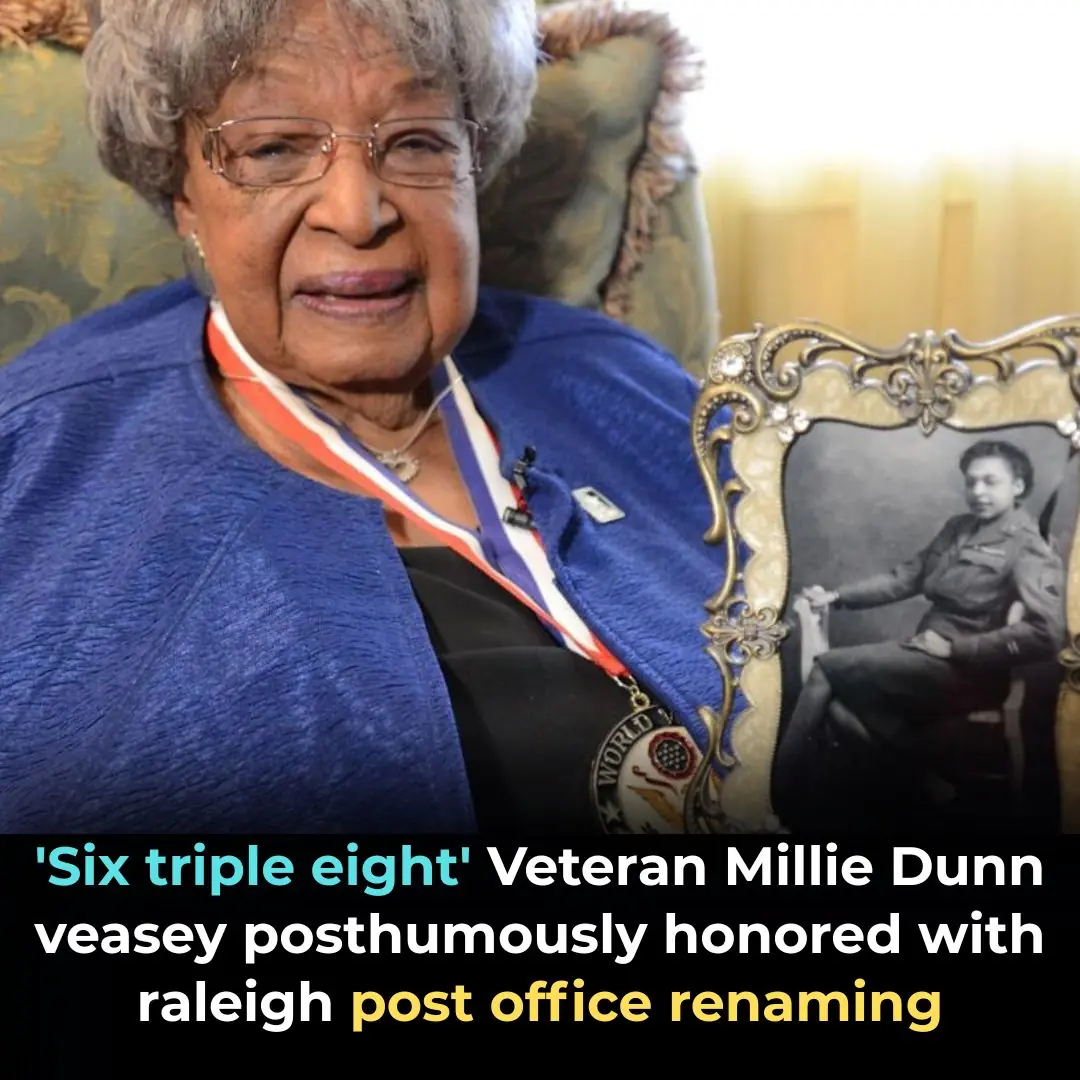
‘Six Triple Eight’ Veteran Millie Dunn Veasey Posthumously Honored With Raleigh Post Office Renaming
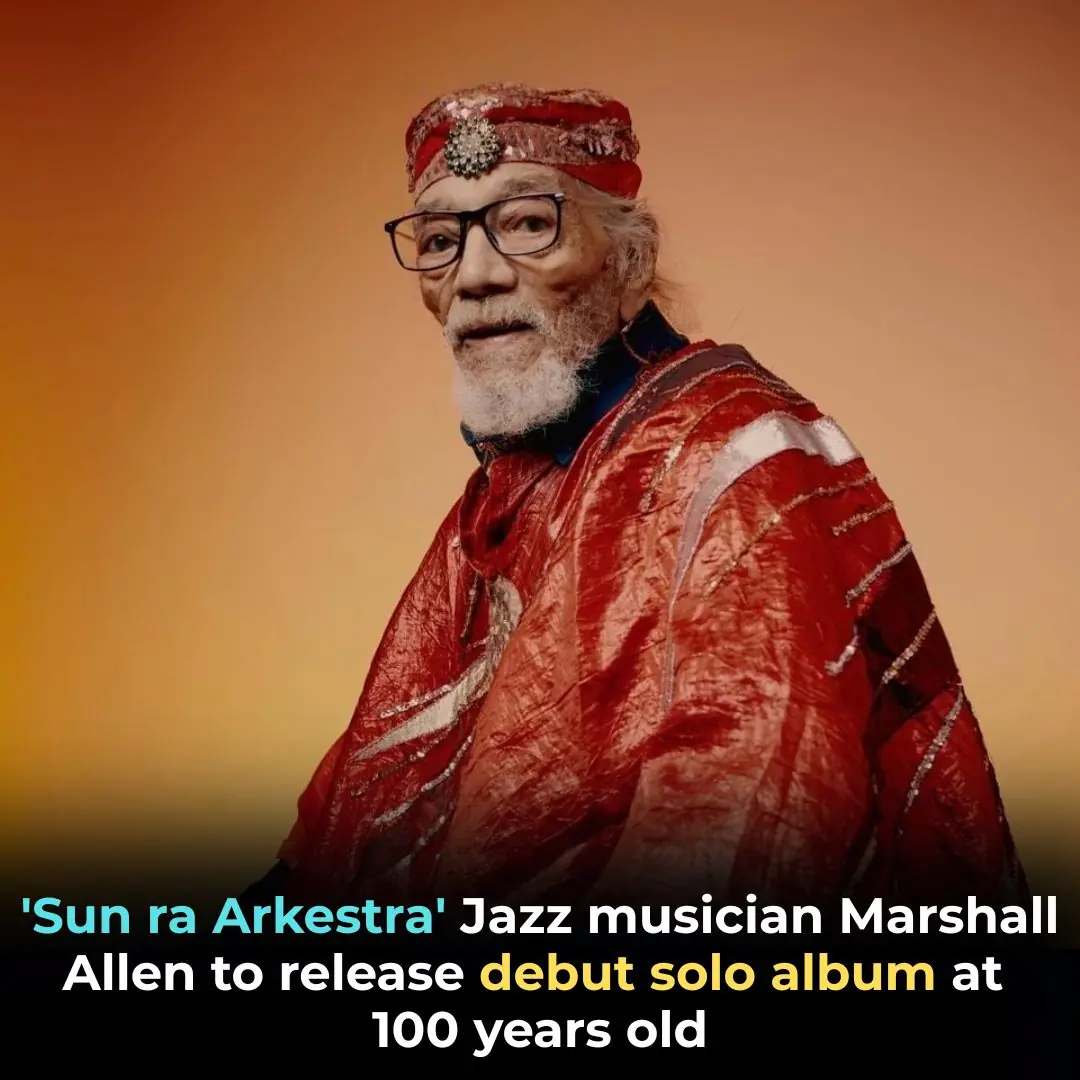
‘Sun Ra Arkestra’ Jazz Musician Marshall Allen to Release Debut Solo Album at 100 Years Old

10 Weird Winter Pest Control Tricks That Actually Work

Put Two Glasses on the Door Handle — A Small Action That Brings Big Safety Benefits

Rats Running on the Ceiling? Try These Simple Tricks to Get Rid of Them for Good

How Long Can You Keep Frozen Meat? Here’s the Answer

Drink Coffee at These Four “Golden” Times of Day for Maximum Benefit: Your Liver, Digestion and Whole-Body Health Get a Boost
News Post

To the Little Boy at the Science Museum.

Works like a charm
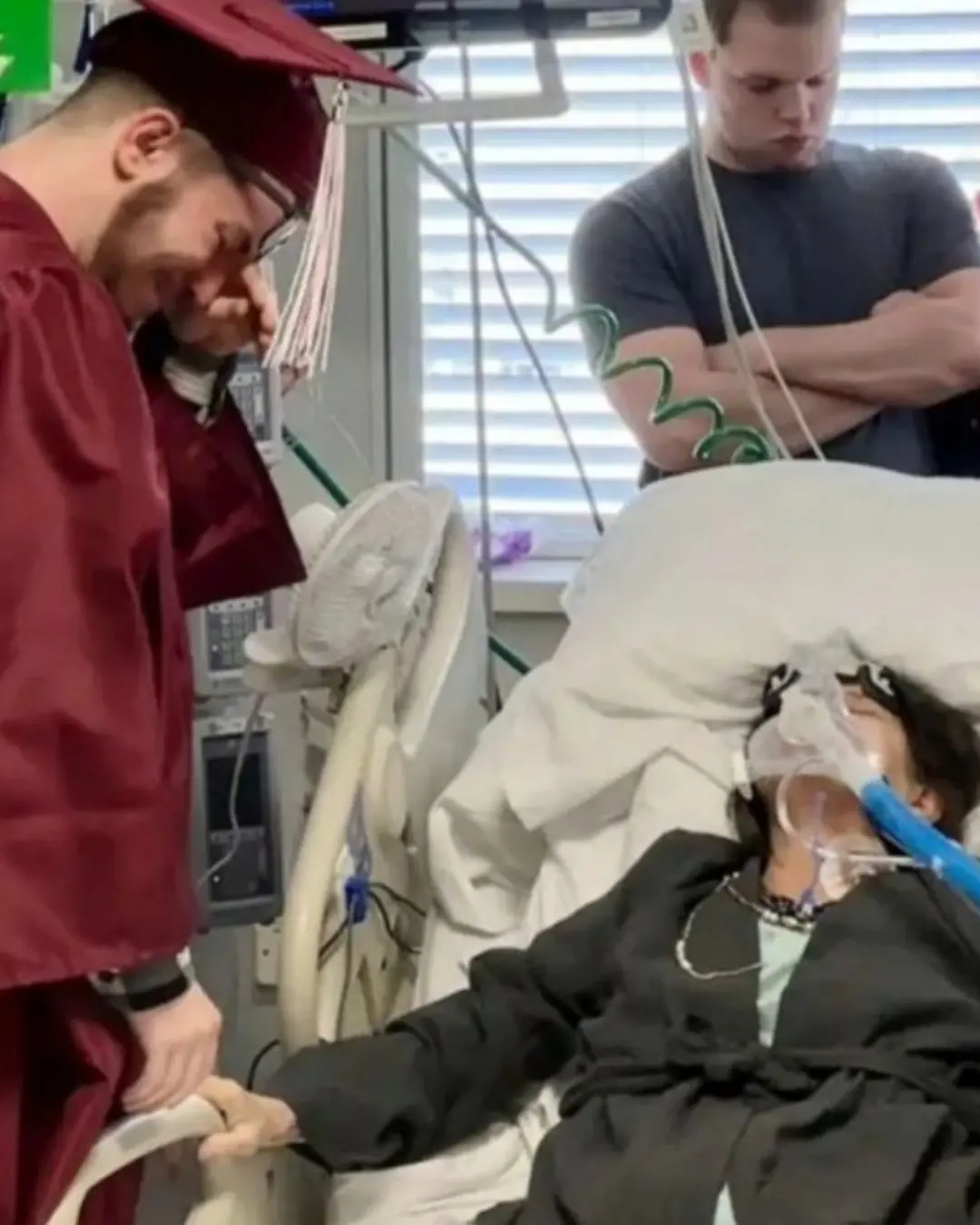
A Mother’s Final Wish.

My nana taught me this hack to make dusty blinds sparkle in 2 mins with 0 work. Here’s how it works

Came back from camping and got some red, itchy skin. Doctor isn't available for another week. What should I do?

The Day John Steinbeck Flew with the Angels.

This is the first time I'm hearing about this

Stop storing these 10 things wrong
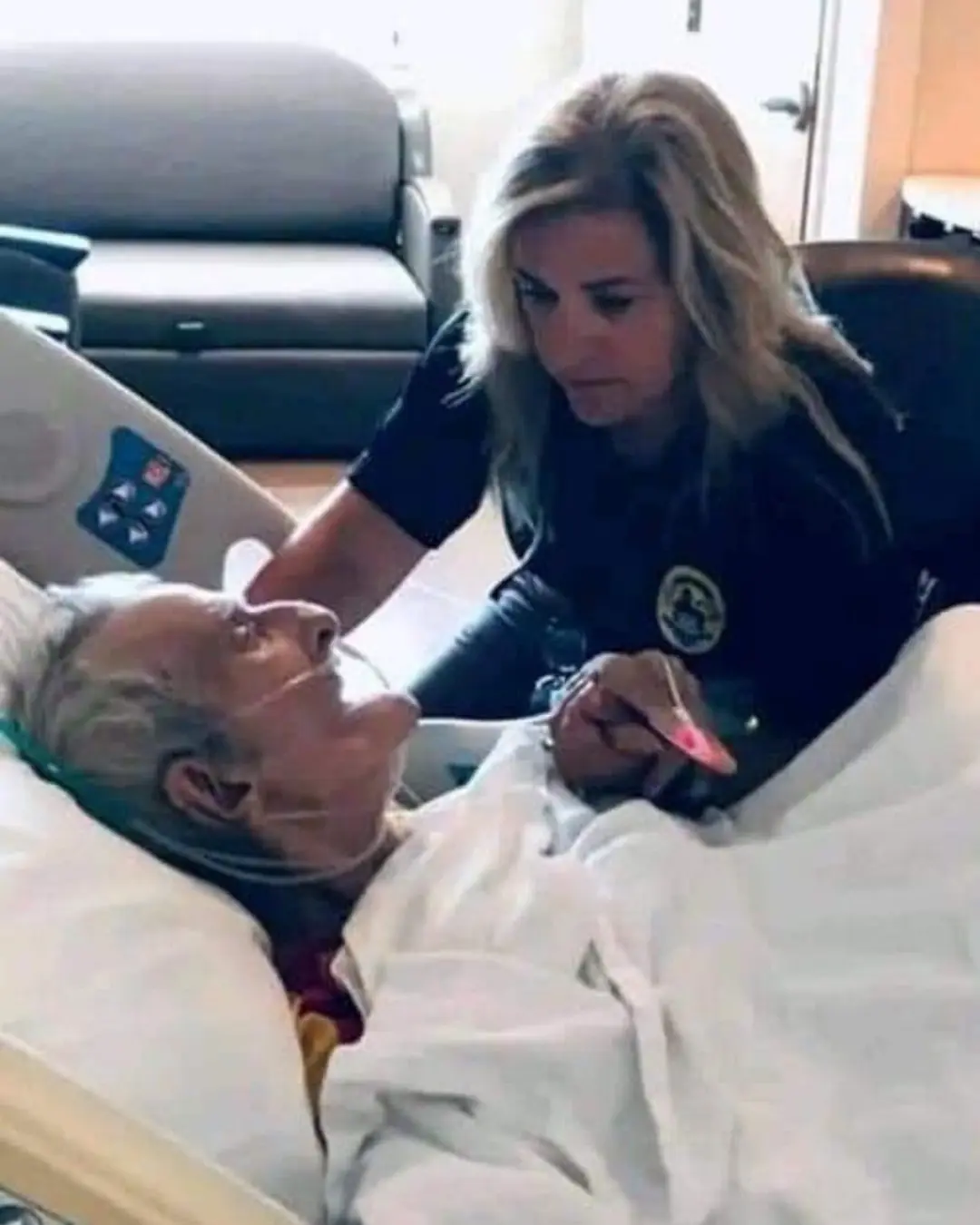
The Officer Who Became His Family.

Just tried to stop my daughter from doing this

Twelve Hours in the Pit — and a Mother’s Love That Never Gave Up.
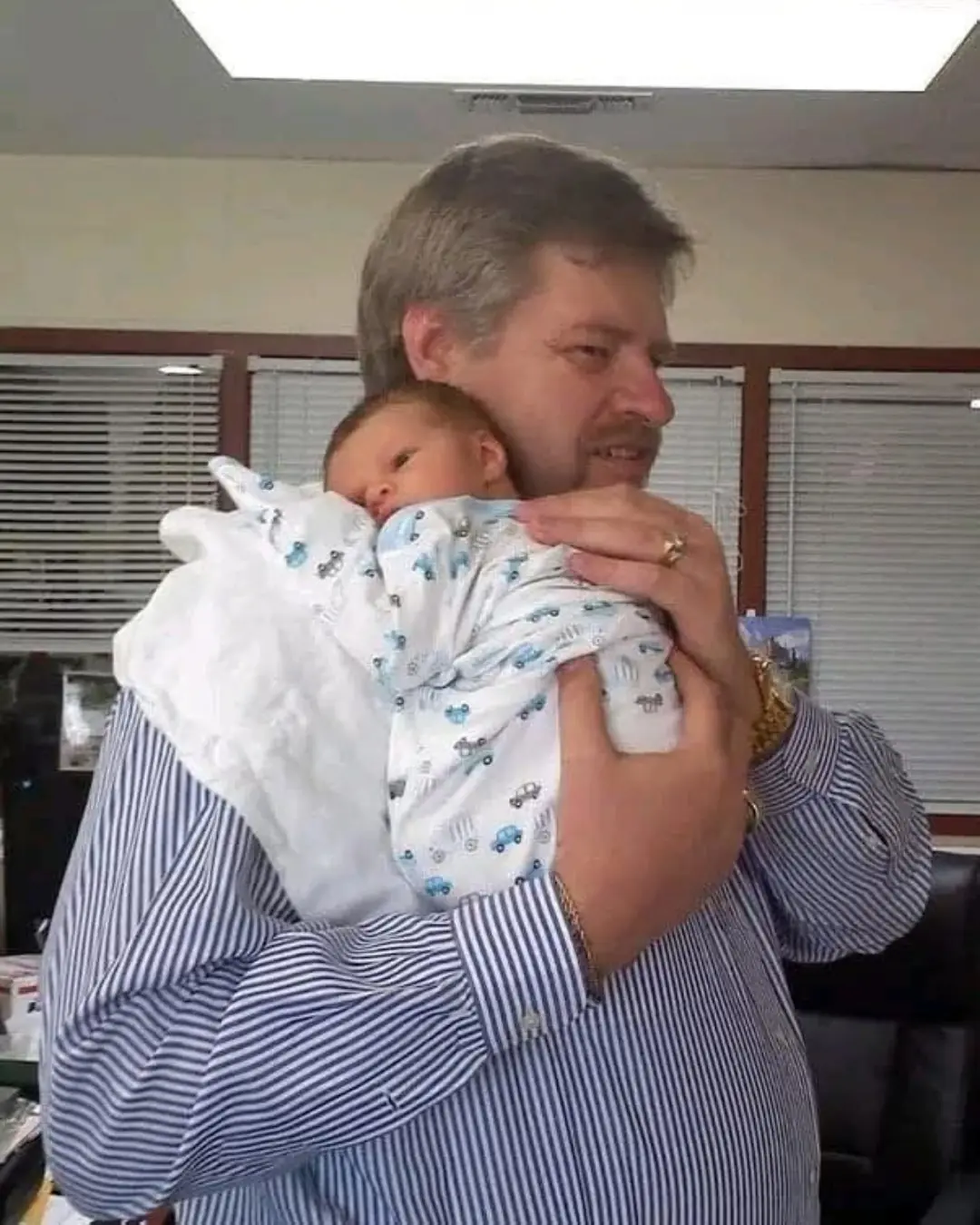
The Day Everything Changed.

Found this weird skin on my son's ear this morning. Doc appt is a week away. What can I do?

Hot Water Heaters Accumulate Limescale Over Time: Here’s How to Clean It Yourself Without Calling a Technician

3 Common Mistakes People Make When Eating Avocados

A Crown for a King: The Unseen Loyalty of a War Veteran and His Dog

Acid reflux natural remedy that works in minutes

Warning Signs You Should Never Ignore on Your Skin
